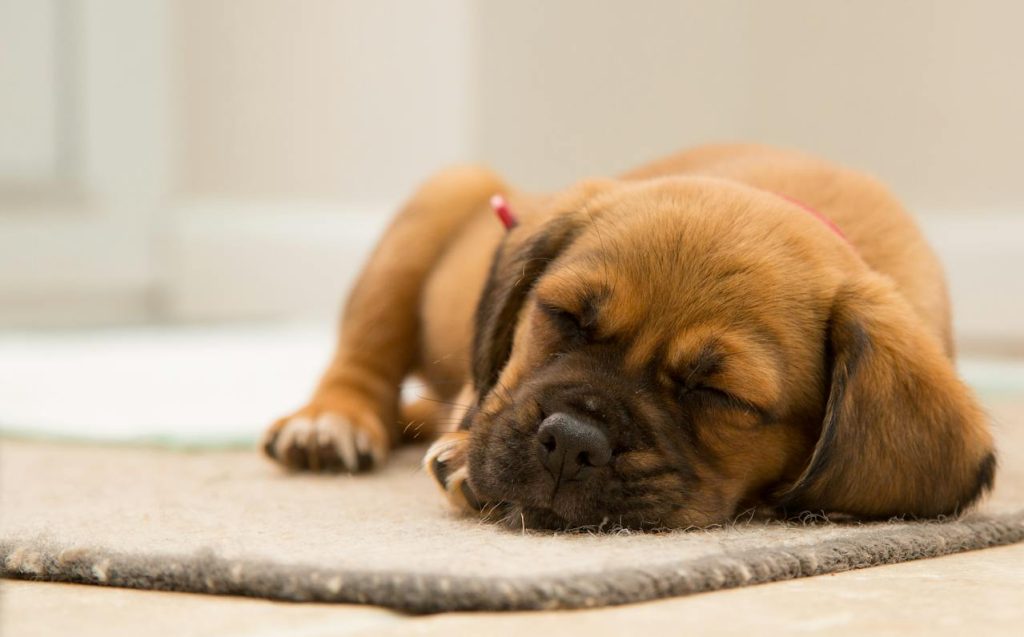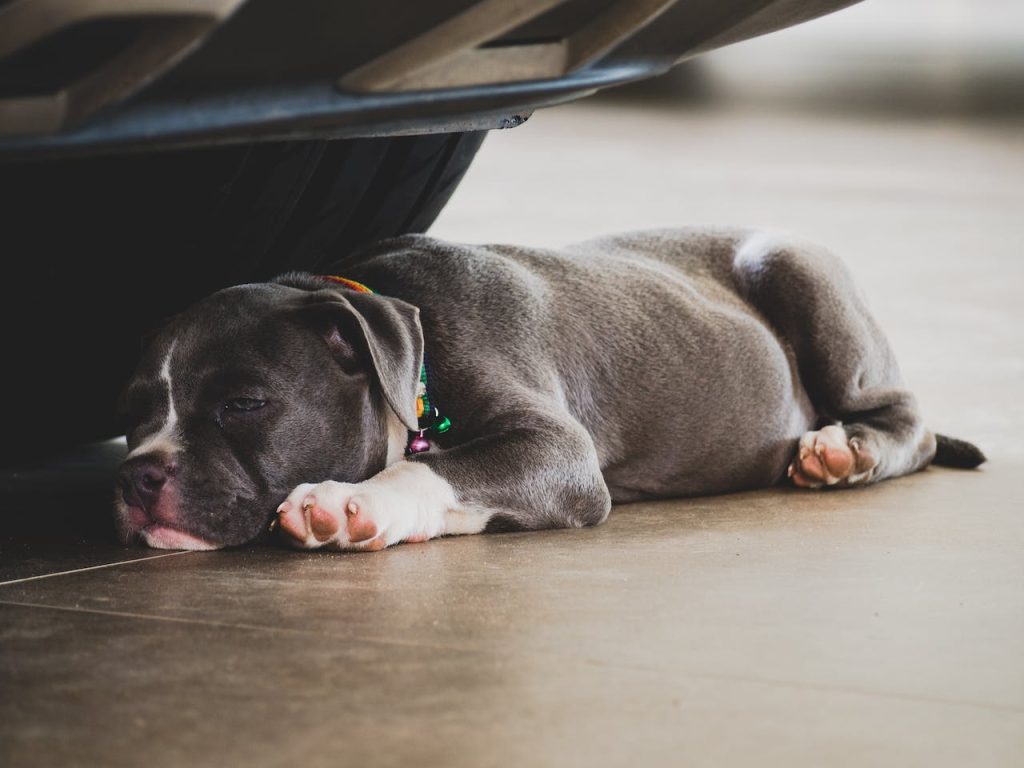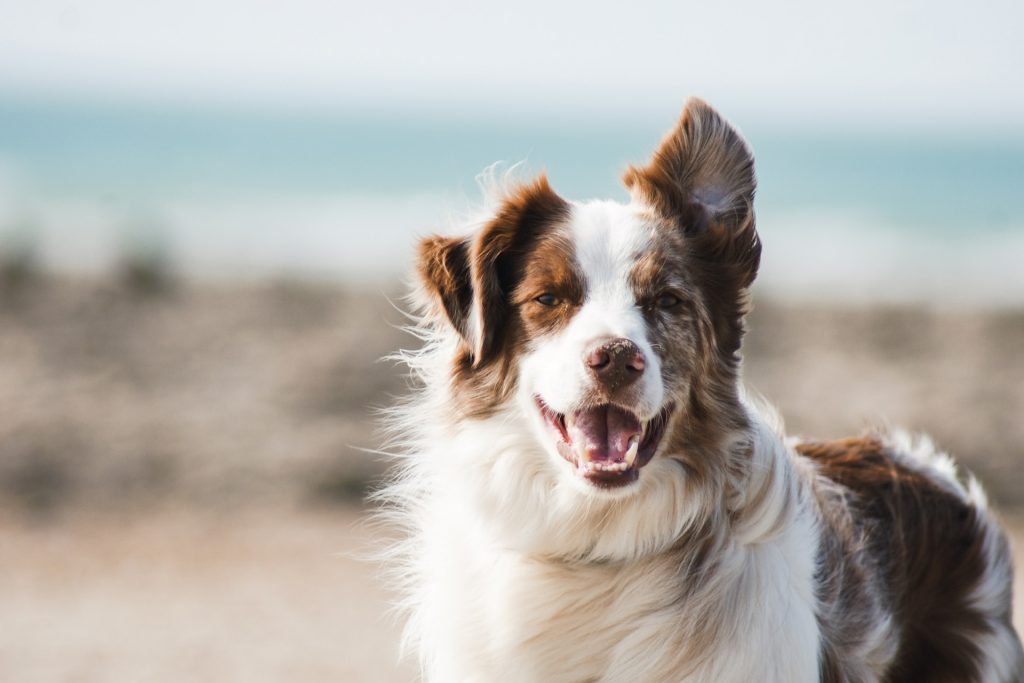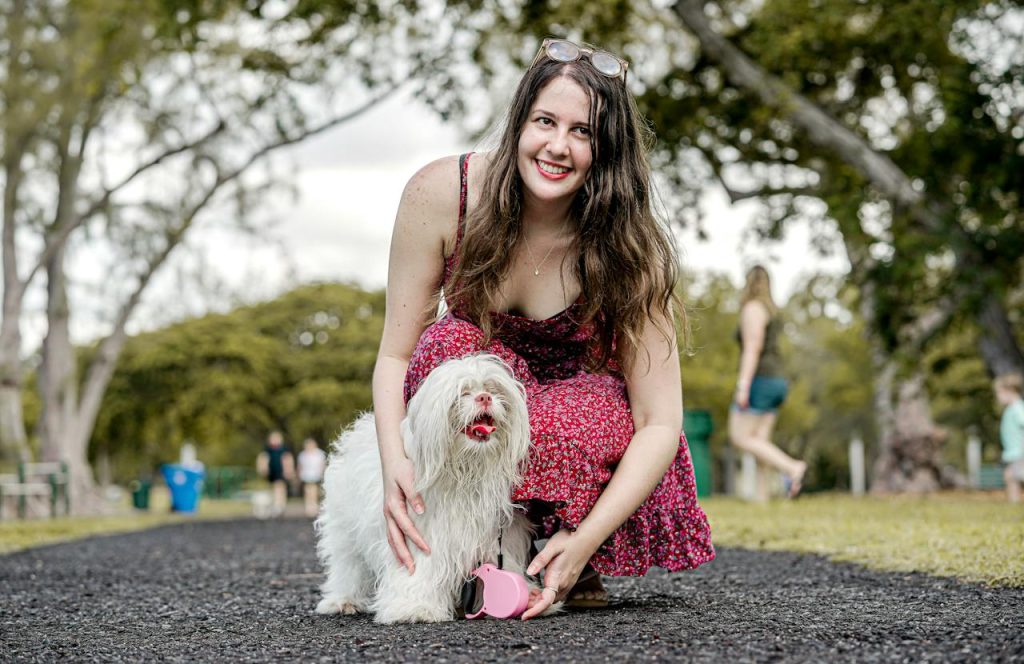When it Comes to Rest, Is My Dog Getting Enough Sleep? You will find out here in this article. Just make sure you read to the end.
Is my dog getting enough rest? The results of every poll and research indicate that the typical American doesn’t get enough rest, but what about our dogs?
Is my dog getting enough rest too?
Your dog’s ability to think clearly and remember things is dependent on the quantity of rest it gets, and experts agree that the average puppy needs about 12 hours.
Today, we will discuss some of the most frequent reasons why your dog might not be getting enough sleep, as well as some of the things you can do to ensure that they receive the greatest slumber possible.
Contents
- 1 When it Comes to Sleep, Is My Dog Getting Enough Rest?
- 2 Dog Getting Enough Rest? Do Dogs Require Vastly varying Amounts of Rest?
- 3 Sleep Disorders That Are Common In Dogs
- 4 Does My Dog Have Sleep Apnea?
- 5 Dog Getting Enough Rest? The Rest Problems In Elderly Dogs
- 6 Is Insomnia Possible in Dogs?
- 7 Dog Getting Enough Rest? Know How To Help Your Dog Rest More
- 8 Dog Getting Enough Rest? Where Do Dogs Sleep Best?
- 9 When it Comes to Rest, Is My Dog Getting Enough Sleep?
When it Comes to Sleep, Is My Dog Getting Enough Rest?

Due to the fact that every dog is unique, it is impossible to provide a definitive response regarding the quantity of sleep that is regarded to be typical.
The amount of rest a dog requires varies not only with age but also with the breed. As a general rule, most dogs will rest between 12-14 hours.
Puppies and adult dogs have the potential to extend this number to anywhere between 18 and 20 hours each day.
In virtually every case, larger dogs rest longer than smaller dogs; a Great Dane will sleep substantially longer than a Labradoodle, who will sleep longer than a little terrier mix. After all, it takes quite a bit of strength to move about in that large physique!
Dog Getting Enough Rest? Do Dogs Require Vastly varying Amounts of Rest?
My mismatched pack of pooches is an excellent illustration of how the need for sleep may vary greatly from one dog to the next.
When the blue heeler puppy, who was 20 weeks old at the time, initially came to be with us, he averaged right about 19 hours of rest every day.
Since he turned 10 months old, he sleeps noticeably less, perhaps around 17 hours. In addition to resting fewer hours per day, most of that rest is now occurring at night after a hard day of herding goats — rather than being dispersed over the course of the day as it did in the past.
My border terrier mix is 11 years old and probably sleeps around 13 hours a night since he keeps getting distracted by chickens and birds.
Because of his packed agenda, he must make the most of the available daylight. My eldest female is a labrador retriever who is 13 years old, and she is the one that sleeps the most. No one enjoys a nap more than she does.
Because she wakes up later than the other two and takes lengthy, luscious naps in the sun, it is quite likely that she has been up for between 18 and 19 hours.
Sleep Disorders That Are Common In Dogs
There are primarily three issues related to a dog’s sleep that might arise. Sleep apnea, canine cognitive impairment, and insomnia, which are of course just a general inability to rest, are all conditions that can affect dogs.
These three, in addition to the less common sleep difficulties, each have their own unique reasons; nonetheless, there are a few signs that are quite similar that you should keep an eye out for.
If your dog doesn’t appear to recall simple orders or seems forgetful, such as putting down a favorite toy or forgetting where the doggie door is located, this might be an indication that your dog isn’t getting enough rest.
Irritability that is not consistent with the person’s usual demeanor (Who doesn’t get grumpy when they’re exhausted?)
A general reluctance to engage in fun activities or physical activity is another warning sign that may point to a sleep disorder.
Does My Dog Have Sleep Apnea?
A startlingly high percentage of canines are affected by sleep apnea, particularly breeds with abnormally small muzzles that struggle to take deep breaths during physical activity, such as Pugs and French Bulldogs.
Snoring that is either abnormally loud or excessively loud is the strongest clue that sleeps apnea may be creating problems for your pet.
It is essential to make an appointment with your veterinarian if the snoring is accompanied by difficult breathing while the pet is sleeping.
Dog Getting Enough Rest? The Rest Problems In Elderly Dogs
Canine Cognitive Dysfunction, commonly referred to as dog dementia, is a condition that is clinically comparable to Alzheimer’s disease.
Restlessness and pacing, as well as difficulty settling or remaining asleep, are potential warning signals if you have an older dog.
Older dogs sometimes develop problems with their bladders and bowels, so if Rex is required to go outside for more frequent potty breaks, this could be an indication that he is having trouble sleeping on his own.
It is essential to remain abreast of the shifting parameters of what constitutes “normal” for older canines.
A senior dog may now require one or two toilet breaks during the night when in the past they were able to sleep through the entire night.
However, if their disturbed sleep does not appear to be related to their body processes, it may be time to consult a veterinarian.
Is Insomnia Possible in Dogs?
Insomnia may attack our dogs just like it does us. Our puppies are unable to spend the night “doom scrolling,” which is a blessing (for them), but they are still susceptible to the negative effects of not getting enough rest.
Alterations to one’s surroundings, routine, and even food can all be potential causes of sleeplessness and agitation.
Insomnia that does not appear to have a clearly identifiable cause should be carefully monitored since it may be a symptom of a more serious underlying health condition, such as renal disease, an imbalance in the thyroid, or diabetes.
If your pet still has trouble sleeping after a visit to the veterinarian and several testing, these conditions can be ruled out.
Dog Getting Enough Rest? Know How To Help Your Dog Rest More

It may sound like very basic advice, and it’s probably something that’s been offered to you or that you’ve offered to someone else at some point, but routines are fantastic for one’s quality of sleep.
There are many fantastic techniques to educate the brain for rest, like having regular feeding times, exercise or play times, and then having regular times for quiet and bedtime.
Changes in surroundings and schedule may wreak havoc on a dog’s capacity to shut down and relax, just as they do on a human’s ability to do the same. Dogs, like people, react strongly to regularity and sameness.
Is My Dog Getting Sufficient Exercise to Have a Good Night’s rest?
Dogs require a lot of exercises. Even the enormous sluggards among them!
Your dog, as well as you, are going to benefit from a better bedtime routine and a more restful night’s sleep if you play with them, take them for walks, take them to the dog park, or go hiking during the day.
Basically, anything that gets you both up and moving during the day is going to do the trick.
Dog Getting Enough Rest? Where Do Dogs Sleep Best?
Regarding the scenario ”Dog Getting Enough Rest,”
My dogs are ranch dogs, and as such, they spend the night in their own beds. This is due to the fact that they spend much of their time outside, playing with dirt and other things.
It took some experimentation, but it turned out that the terrier and the lab slept better when they were on the same bed together.
They sleep on a memory foam mattress that was customized to their dimensions before being encased in a cover. It’s important to reduce, reuse, and recycle, right?
The little blue heeler is kept in a separate area from the other animals, where he snoozes in a box.
It took him some time to get his footing here, but once he did, the stability of his box and the peace and quiet of being in his own area allowed both of us to get a better night’s sleep than we would have otherwise.
Some dogs are perfectly content to just pass out someplace on the floor, despite the bustle and noise that is going on around them.
Others require a more tranquil environment, one that is far from the hustle and bustle of everyday life.
Spend some time figuring out where your dog feels most comfortable sleeping, and you’ll be rewarded with a buddy that is cheerful and full of energy.
When it Comes to Rest, Is My Dog Getting Enough Sleep?
Having seen some facts about your Dog Getting Enough Rest.
However, the quantity of sleep that a dog needs can vary greatly not just between different kinds of dogs but also between different individuals of the same breed.
While some canines have a disposition that is inherently quiet and peaceful, others are always active.

